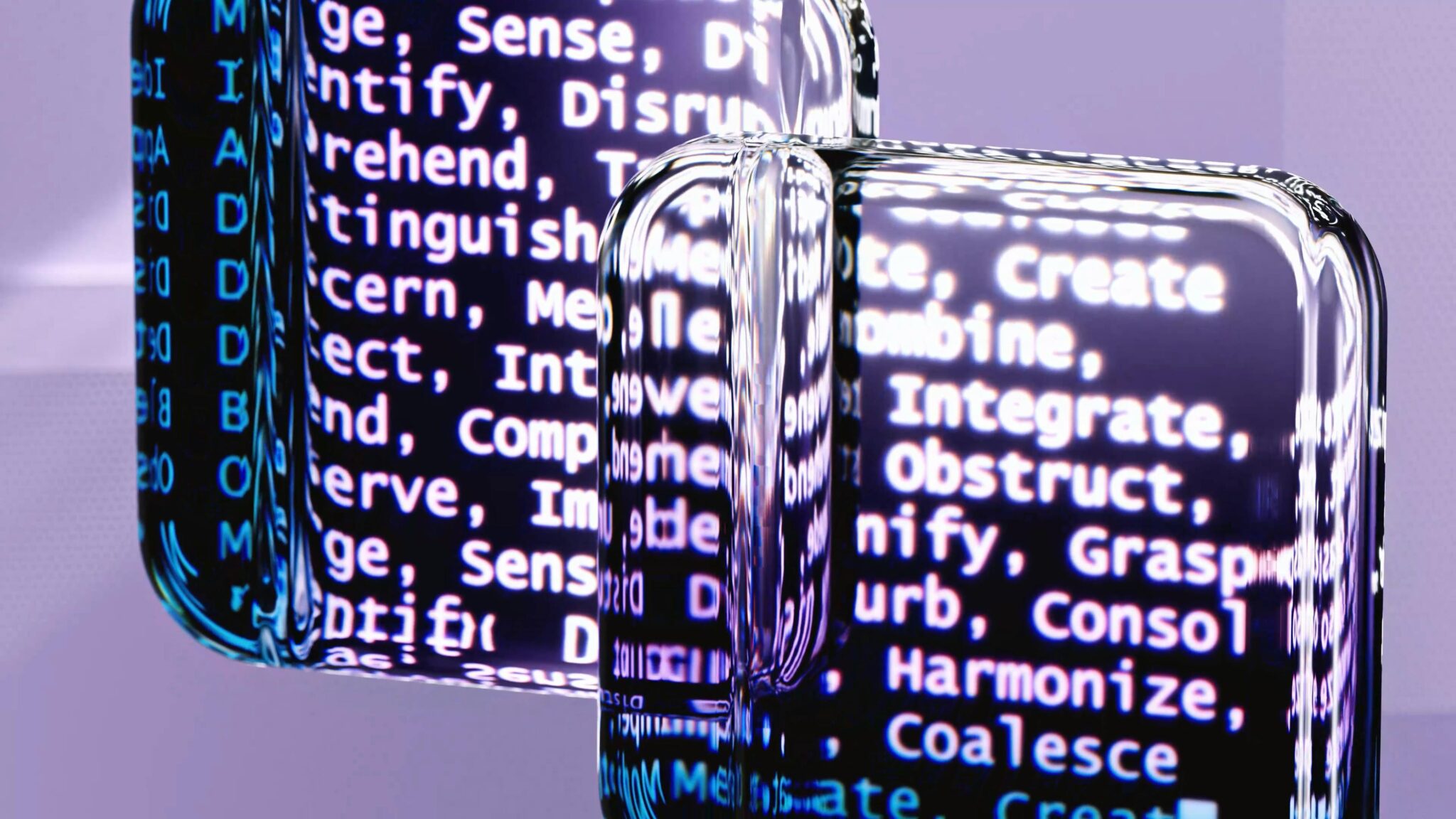Duration: 5 days – 35 hrs
Overview
The Service Desk Upskilling Training Course is designed to transition service desk professionals from reactive technical roles into proactive analytical positions. The course focuses on fostering the right mindset, sharing ITIL best practices, leveraging AI tools, and enhancing both technical and communication skills. By the end of this course, participants will be equipped to not only resolve IT issues but also to analyze, predict, and improve overall service desk performance.
Objectives
• Transition service desk members from technical problem solvers to strategic service desk analysts.
• Foster an analytical mindset with a focus on proactive problem-solving and trend analysis.
• Introduce advanced ITIL best practices for modern service management.
• Leverage AI tools and automation to streamline service desk operations.
Audience
• Current Service Desk Technicians
• IT Support Professionals
• IT Service Management Teams
• ITIL Process Owners
Prerequisites
• Basic knowledge of IT support operations
• Familiarity with service desk tools and ticketing systems
• Understanding of common IT issues and troubleshooting techniques
• Experience in a service desk or technical support role (preferred)
Course Content
Day 1: Mindset Shift – From Technician to Analyst
• Module 1: Analytical Mindset Development
o How to think like an analyst: Understanding the difference between reactive troubleshooting and proactive problem-solving.
o Focusing on root cause analysis and identifying patterns in recurring issues.
o Developing a customer-first approach and viewing incidents holistically.
• Module 2: Data-Driven Decision Making
o Introduction to data collection and analysis tools for the service desk.
o Using metrics and KPIs (Key Performance Indicators) to drive service desk improvement.
o Analyzing ticket trends to predict potential issues and improve service quality.
Day 2: Advanced ITIL Best Practices
• Module 1: ITIL v4 – Key Concepts for Analysts
o Understanding ITIL’s Service Value System (SVS) and how it applies to service desk functions.
o Exploring the key ITIL v4 practices: Incident Management, Problem Management, and Continual Improvement.
• Module 2: Problem Management for Analysts
o Techniques for proactive problem management: Identifying underlying issues and eliminating recurring incidents.
o Root Cause Analysis (RCA) frameworks (e.g., 5 Whys, Fishbone diagrams) and how to apply them effectively.
• Module 3: Continual Service Improvement (CSI)
o Establishing a culture of continuous improvement within the service desk.
o Using the CSI approach to enhance service delivery, focusing on lessons learned from past incidents.
Day 3: Advanced AI Tools and Automation
• Module 1: Introduction to AI in Service Desk Operations
o Overview of AI tools that can be integrated into service desk operations (e.g., chatbots, virtual agents).
o Introduction to machine learning algorithms and how they can improve incident categorization and resolution.
• Module 2: Automating Repetitive Tasks
o Using AI and automation for ticket routing, incident management, and reporting.
o Real-world examples of AI-powered virtual assistants and predictive analytics in the service desk environment.
• Module 3: AI-Driven Problem Solving
o Implementing AI-powered tools to enhance problem resolution time.
o Learning how AI can assist with trend analysis, predicting future incidents, and recommending solutions based on historical data.
Day 4: Advanced Incident Management and Root Cause Analysis
• Module 1: Advanced Incident Management
o Understanding how analysts should handle high-priority incidents, minimizing downtime.
o Leveraging incident response frameworks and best practices for swift resolution.
• Module 2: Deep Dive into Root Cause Analysis
o Applying advanced RCA techniques to address complex incidents and prevent them from recurring.
o Hands-on workshop: Using real-life case studies to perform RCA and suggest improvements.
Day 5: Soft Skills and Professional Development
• Module 1: Effective Communication for Analysts
o Enhancing communication skills to interact with both technical teams and non-technical stakeholders.
o Writing effective incident reports and communicating issues clearly to management.
• Module 2: Time Management and Prioritization
o Developing skills to manage workload efficiently and prioritize incidents based on business impact.
o Implementing techniques to balance reactive tasks with strategic problem-solving initiatives.
• Module 3: Leadership and Career Growth
o Understanding the career path from service desk analyst to higher IT roles (e.g., Service Desk Manager, IT Service Manager).
o Building leadership skills to mentor junior staff and promote a proactive culture within the team.




